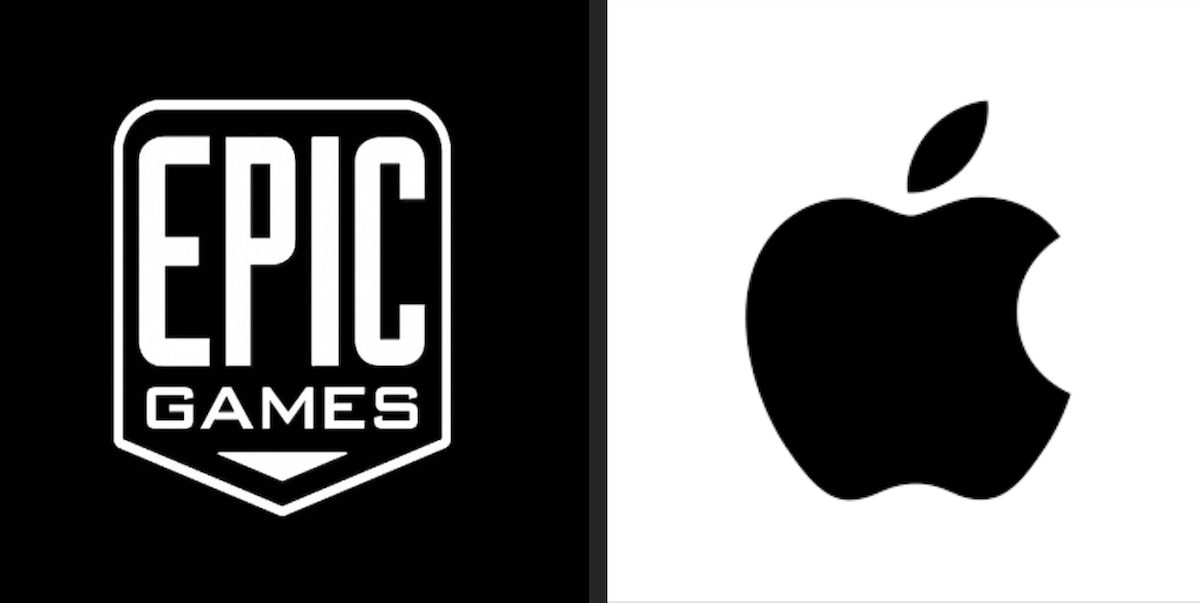Justice Elena Kegan from the US Supreme Court has given a green signal to Apple by not changing its App Store rules. Rejecting Epic Games’ plea to bypass App Store payment rules, Judge Kegan said that she would not let a federal appeals court ruling go into effect.
After a long media and court trial between Epic Games and Apple against App Store’s 30% in-app purchases commission and policy against sideloading, in 2021, U.S. District Judge Yvonne Gonzalez Rogers ruled that Apple’s App Store policies did not violate California’s antitrust laws and found Epic in breach of contract.

However, Judge Rogers also ordered Apple to end its anti-steering policy and allow developers to add links to alternative payment methods in their app on the App Store.
In 2022, Epic Games filed an appeal at the US Ninth Circuit Court of Appeals to get the ruling overturned by claiming that the court and Apple made errors. But the 9th US Circuit Court of Appeals upheld the entire original judgment including the order to allow developers to communicate alternative payment methods to App Store consumers.

SCOTUS ruling in favor of Apple is only a temporary relief
According to Bloomberg, the SCOTUS has let the Cupertino tech giant “keep its App Store payment rules in place for the time being” and has rejected Epic Games’ request to allow developers to steer users to alternative payment methods outside the App Store. The judge did not provide an explanation for her ruling.
Although the Supreme Court ruling has given Apple a reprieve, it might be a temporary one. The report states that the ruling of the Ninth Circuit Court of Appeals would go into effect later this year if Supreme Court justices refuse to hear Apple’s appeal. So, the tech company is not in the clear just yet.
If the 9th Curcuit’s order goes into effect, the tech giant could lose billions of dollars in revenue from App Store 15% – 30% in-app purchase commission.
The dispute could affect billions of dollars in revenue for Apple, which charges developers a commission of as much as 30% for digital goods and services sold through its App Store. The 9th Circuit ruling potentially would let developers circumvent those commissions by including links to process payments on the web instead of within the Apple system.
Whatever the outcome of the legal matters between the two tech giants, the ultimate loser in this dispute is the iOS Fortnite community. In August 2020, when Epic Games released an unauthorized update that surpassed Apple’s in-app payment system and refused to withdraw it, Apple removed the app from the App Store.

Earlier this year, Fortnite’s January 30 update imposed new restrictions on the game’s iOS and Mac versions like ending support for the in-app currency and implementing an age restriction.
Although iOS and macOS can still play the game through cloud gaming services like Nvidia GeForce Now, the experience is not the same as on a natively supported device. Epic Games CEO Tim Sweeney has been banking on courts to force Apple to reinstate Fortnite on iOS and macOS but it appears to be a losing battle for him so far. Even the Cupertino tech company said that it did not see a “legitimate basis” to bring back the game.
Read More:
- Court documents reveal iOS only accounted for 7% of Fortnite’s revenue
- Epic Games settles child privacy cases for $520 million [U: FTC approves $245 million payout]
- Elon Musk challenges iOS App Store 30% in-app purchase commission
- Spotify drops iOS App Store billing for premium subscriptions
- Apple App Store stopped over $2 billion in fraudulent transactions, rejected 1.7 million apps and more in 2022
- Small developers on App Store saw a 71% increase in revenue from 2020-2022